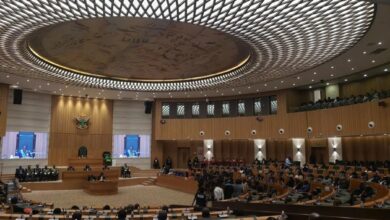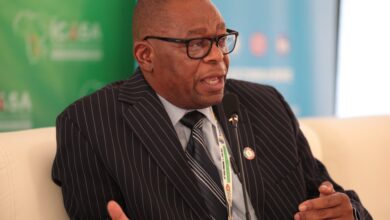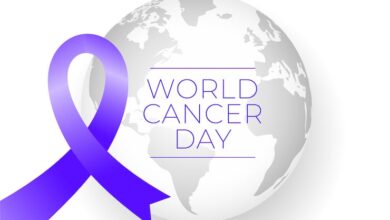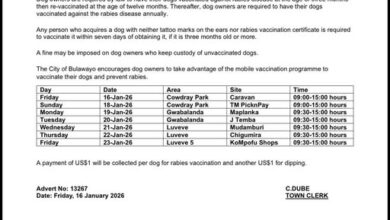President launches drug and substance abuse fundraising drive
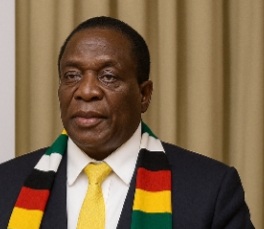
Nqobizwe Thebe
HARARE – President Emmerson Mnangagwa has launched Zimbabwe’s National Resource Mobilisation Programme to tackle drug and substance abuse, warning that the escalating crisis poses a serious threat to the nation’s youth and socio-economic stability.
Speaking at State House during the high-profile event attended by government officials, development partners, religious leaders and diplomats, President Mnangagwa said the programme is part of a “Whole of Government and Society Approach” aimed at addressing the drug scourge, particularly among young people.
“The health and well-being of our citizens, especially the youth, is critical not only for our national development agenda but also for the socio-economic stability and sustainability of our nation,” he said.
President Mnangagwa linked the rise in drug and substance abuse to a wide range of social challenges including gender-based violence, school dropouts, suicides, mental health disorders and road traffic accidents. He noted that drug abuse is a growing problem globally and not unique to Zimbabwe, but requires urgent and focused national responses.
To lead the national fight, the government has established the National Committee on Drug and Substance Abuse, which operates through seven key pillars: supply reduction, demand reduction, harm reduction, treatment and rehabilitation, legal and policy reforms, community reintegration and communication strategies.
The President noted that increased surveillance has already led to arrests and prosecutions of drug peddlers across the country. He called for tougher penalties under newly enacted legal provisions. “Now that emerging illicit brews such as twumba and musombodhiya are prohibited by law, while crystal meth—locally known as mutoriro or guka—is now properly placed under the Dangerous Drugs Act, stiffer penalties should be imposed on offenders,” he said.
The government has also initiated steps to establish a dedicated Drug Enforcement Agency, with the relevant legislation now being finalised. Local authorities have been instructed to repurpose existing infrastructure into rehabilitation centres, with 67 such facilities already identified. Centres in Chipadze (Bindura), Amaveni (Kwekwe), and Chinotimba (Victoria Falls) are operational, while renovation work at the Wilkins Opportunistic Infections Ward in Harare is nearing completion.
President Mnangagwa also stressed the importance of extending treatment and rehabilitation to community level. He called for private rehabilitation centres to be registered and regulated to work alongside government institutions in providing comprehensive care and recovery services.
Under the 2025 national budget, ZIG 865 million has been allocated to the Drug and Substance Abuse Programme. The President appealed to the private sector and citizens to support the initiative. “Please give generously in cash or kind, towards this worthy cause,” he said, while thanking stakeholders who have already committed to refurbishing and equipping some of the identified centres.
Declaring the Resource Mobilisation Programme officially launched, President Mnangagwa called on families, schools, churches and communities to unite in the national campaign against drugs. “Let us exercise positive parenting skills in the upbringing of our children,” he said.
The launch marks a significant milestone in Zimbabwe’s national effort to address drug-related challenges and to protect the country’s youth from falling into cycles of addiction, dysfunction and lost potential.


